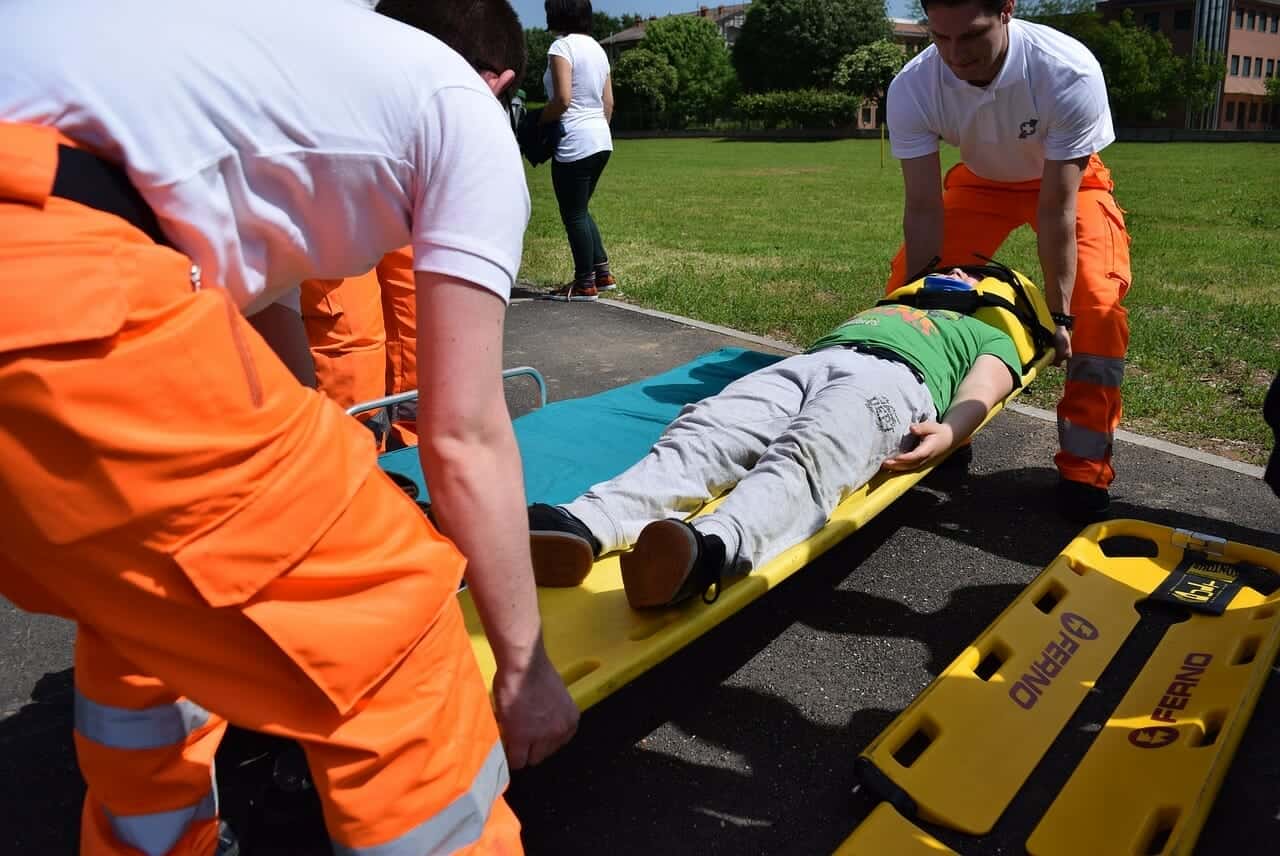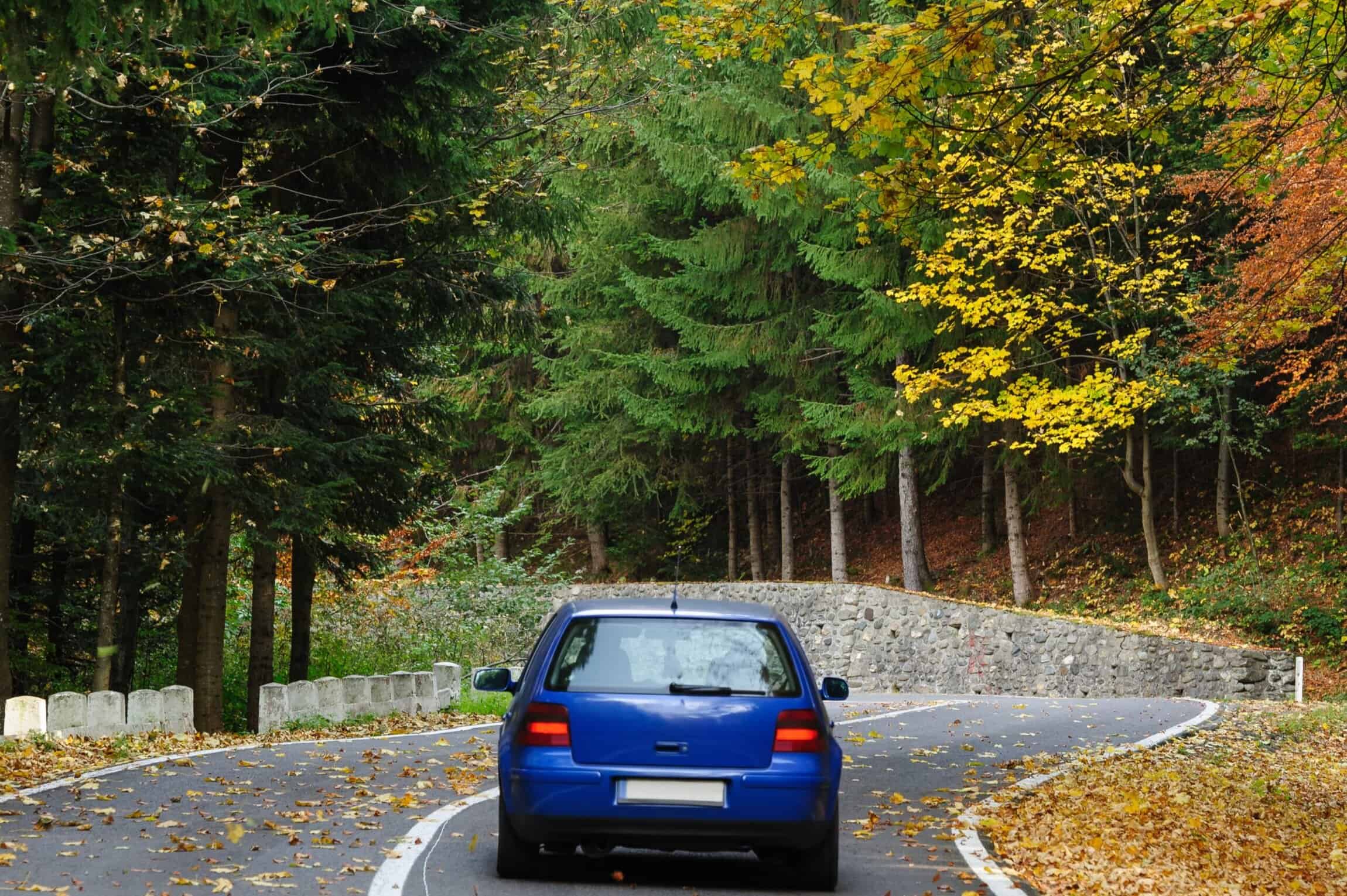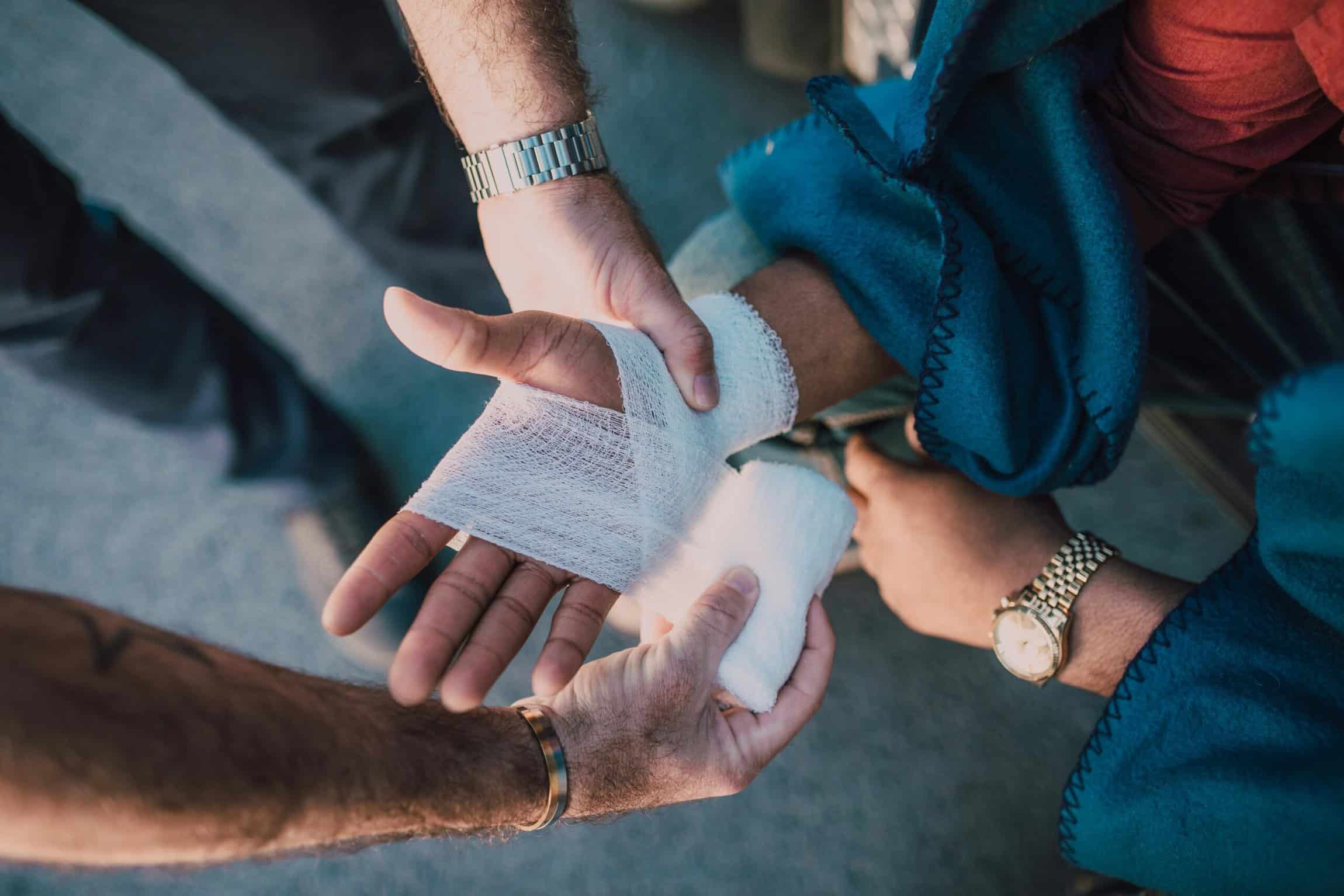According to the National Safety Council, injuries from auto accidents are the number one cause of work-related deaths. Fatalities hit 1,253 out of the 25,830 injuries countrywide.
No doubt, regular car crashes are often complicated to navigate, and work-related ones are even trickier. For instance, what you do after a work-related auto accident can impact your compensation. If you were hurt during working hours, you need to notify your attorney right away. The experienced work injury lawyers from Renfro & Renfro, PLLC can help protect your rights and file compensation claims on your behalf.
5 Steps to Take After an Auto Accident at Work
The following are some of the steps you need to take soon after getting injured:
1. Seek medical attention
Your immediate concern after a car crash is to seek medical attention. Regardless of how minor the injuries may seem, it is always recommended that you get examined by a doctor. Some injuries, such as internal bleeding, may not be visible to the naked eye, and delaying medical care will likely lead to catastrophic consequences. Seeking medical attention after a crash will also help establish a medical record documenting your injuries. This documentation is crucial for insurance claims and legal proceedings if you need to pursue compensation for medical expenses or damages resulting from the accident.
2. Notify your employer
No matter whose vehicle you were in or who is at fault for the crash, you must notify your employer immediately. Workers’ compensation laws and individual company rules provide specific policies and procedures that an injured employee must adhere to when reporting workplace injuries. These policies often require an employee to report injuries within a specified timeframe. Failing to adhere to these policies may have consequences, such as delays or denial of workers’ compensation benefits.
3. Record names and contact details of witnesses
Get the names and contact details of any witnesses. Where possible, ask them to provide a written statement of what happened. Witness statements are crucial evidence in any future claims against your employer. Recording the names and contact details of witnesses of a car crash serves as a means to gather unbiased information, establish fault, support insurance claims, and provide a future reference for any legal proceedings.
4. Take pictures
Use your car or phone camera to take pictures or videos of the collision scene, including vehicle positions and any visible damage. If your injuries are visible, photograph them as well. Photographs provide a visual record of the accident scene while helping capture pertinent details that may be crucial for investigations, insurance claims, or legal proceedings. Pictures and videos can also serve as evidence in determining fault or liability.
5. Contact your attorney
One of the most crucial things you should do after a work-related car crash is to consult an attorney. An experienced personal injury attorney can help protect your rights and preserve valuable evidence. They can also guide you through the entire legal process and help maximize your chances of obtaining fair compensation for your injuries and losses. An attorney can help gather crucial evidence, evaluate your claim, and negotiate with insurance companies.
Factors That Can Affect Legibility for Compensation After a Work-Related Car Crash
Whether you will receive compensation or not after a work-related crash depends on several factors. Let us take a look at some of them:
Employee vs. Independent contractor
Your role in the company will determine how you will be compensated after a car accident. If you are an employee of the company, your employer could be liable, meaning you will receive compensation. However, if you are an independent contractor, the employer is likely not liable.
Company car vs. Personal car
Generally, the law requires employers to ensure that work-issued vehicles are well-maintained and safe for their employees to drive. If you get into an accident while driving a work-issued vehicle, your employer could be liable for your injuries. But what about an injury that occurs while completing work-related duties using a personal vehicle? In such a scenario, you will likely share liability with your employer, provided you can prove you were using the vehicle on work-related assignments. Generally, an employer’s liability will kick in above the employee’s personal insurance limit.
Fault and liability for the crash
If another person is solely responsible for causing the accident, you will probably be entitled to recover full compensation for your injuries. For work-related car accidents you can still receive workers’ compensation benefits even if you are at fault. This differs from car accidents that are not work-related, where if you are at fault you cannot make any recovery from the other driver due to Virginia’s “contributory negligence” doctrine.
Can I Receive Workers’ Compensation in Case of an Accident Involving My Personal Vehicle?
Generally, provided you were driving the vehicle for work-related purposes, you are eligible for workers’ compensation regardless of whether you were driving a personal or work-issued vehicle. Workers’ compensation is a form of insurance that benefits employees who suffer injuries or illnesses while performing their job duties. However, coverage usually applies to accidents and injuries within the employment scope.
Contact an Experienced Virginia Workers’ Compensation Attorney
Working with an experienced attorney after a work-related car accident ensures you have capable legal representation and support you need during this challenging time. At Renfro & Renfro, PLLC, our workers’ injury lawyers are committed to helping protect your rights, handle the legal complexities, and work towards securing the compensation you deserve. We understand legal processes can be complex and intimidating, so call us today at (804) 601-4433 or contact us online for a free consultation.






